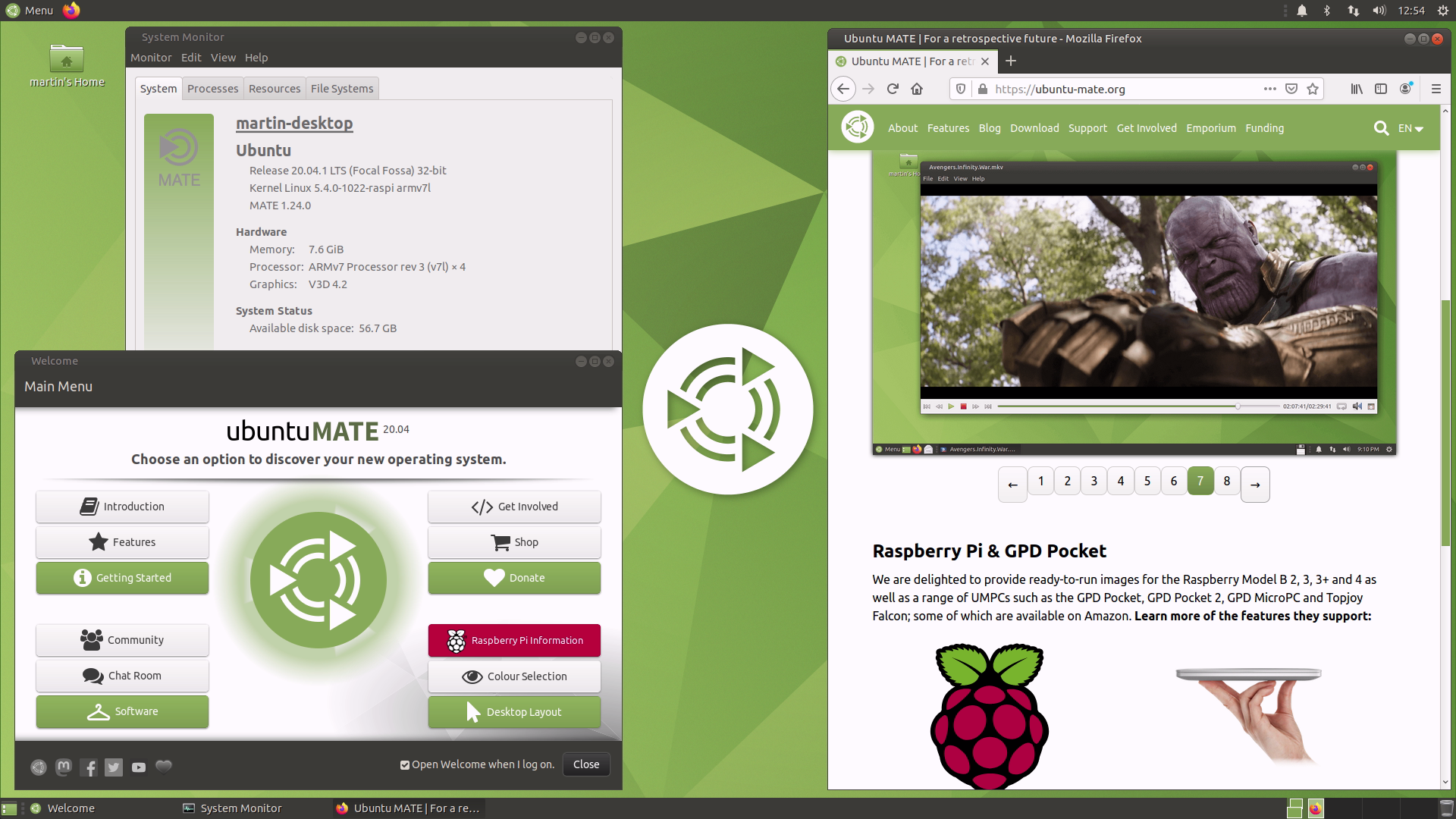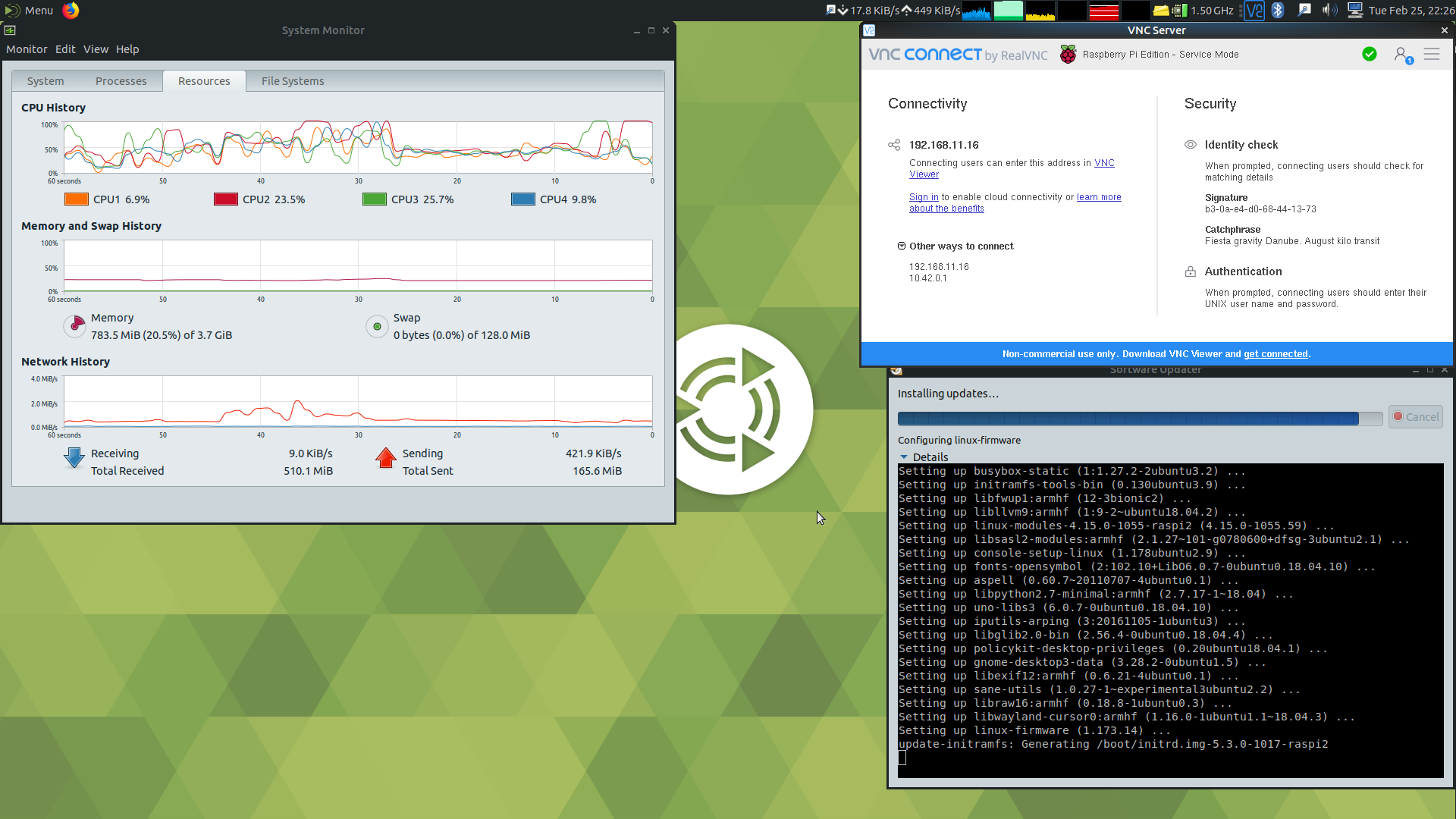Mastering RemoteIoT Web SSH On Raspberry Pi: Free Download And Easy Setup
Hey there, tech enthusiasts! Are you ready to dive into the world of remote access for your Raspberry Pi? RemoteIoT Web SSH Raspberry Pi is here to change the game. Imagine being able to control your Pi from anywhere in the world, all through a simple web browser. No more complicated setups or expensive software. This guide is your one-stop solution to getting started with RemoteIoT Web SSH on Raspberry Pi, complete with a free download. So buckle up, because we’re about to take this tech journey together.
Let’s face it—Raspberry Pi has become the go-to device for makers, hobbyists, and professionals alike. But what happens when you need to access your Pi remotely? That’s where RemoteIoT Web SSH comes in. This tool allows you to securely connect to your Raspberry Pi using just a web browser. Whether you’re at home, in the office, or on vacation, you’ll have full control over your device without breaking a sweat.
Now, if you’re wondering why you should bother with RemoteIoT Web SSH Raspberry Pi instead of other methods, stick around. We’ll break down everything you need to know, from setup to troubleshooting, and even throw in some bonus tips to make your experience smoother. Let’s get started!
Read also:Remoteiot Platform Ssh Your Ultimate Guide To Secure Remote Access
What is RemoteIoT Web SSH for Raspberry Pi?
RemoteIoT Web SSH is a lightweight, open-source solution that lets you manage your Raspberry Pi remotely via a web browser. No need for fancy apps or complex configurations—just a few clicks and you’re good to go. It’s perfect for beginners and pros alike who want an easy way to access their Pi from anywhere.
Here’s the deal: traditional SSH clients can be a bit clunky, especially if you’re on a device without a dedicated app. RemoteIoT Web SSH eliminates that hassle by turning your browser into a powerful SSH terminal. With it, you can:
- Access your Raspberry Pi’s terminal commands remotely.
- Transfer files securely without additional tools.
- Monitor system performance in real-time.
- Run scripts and manage services effortlessly.
And the best part? It’s completely free. You can download RemoteIoT Web SSH for Raspberry Pi and start using it right away. No strings attached, no hidden fees. Just pure, unadulterated remote control goodness.
Why Choose RemoteIoT Web SSH Over Other Tools?
Alright, let’s address the elephant in the room. There are plenty of SSH tools out there, so why should you choose RemoteIoT Web SSH? Here’s the lowdown:
1. Simplicity: Unlike other SSH clients that require extensive setup, RemoteIoT Web SSH is plug-and-play. You don’t need to configure firewalls, port-forward, or deal with complicated settings. Just install it, open your browser, and voilà—you’re connected.
2. Compatibility: Whether you’re using Windows, macOS, Linux, or even your smartphone, RemoteIoT Web SSH works seamlessly across all platforms. All you need is a modern web browser.
Read also:Helen Lasichanh The Rising Star Of Vietnamese Football
3. Security: Security is a top priority for RemoteIoT Web SSH. It uses encrypted connections to ensure your data stays safe while you’re working remotely. No one’s getting into your Pi without your permission.
4. Cost-Effective: As we mentioned earlier, RemoteIoT Web SSH is completely free. You won’t find many tools that offer this level of functionality without charging an arm and a leg.
Getting Started: Free Download and Installation
Ready to try RemoteIoT Web SSH on your Raspberry Pi? Here’s how you can get started:
Step 1: Download RemoteIoT Web SSH
Head over to the official website and grab the latest version of RemoteIoT Web SSH. The download link is usually easy to find, but if you’re unsure, check the documentation section for guidance. Once you’ve downloaded the file, transfer it to your Raspberry Pi using a USB drive or SCP.
Step 2: Install the Software
Installing RemoteIoT Web SSH is a breeze. Open your terminal and navigate to the directory where you saved the downloaded file. Then, run the following commands:
sudo apt update
sudo apt install -y remotheiot-ssh
That’s it! The installation process will take care of everything for you.
Setting Up RemoteIoT Web SSH
Now that you’ve installed the software, it’s time to configure it. Here’s a step-by-step guide to help you set up RemoteIoT Web SSH on your Raspberry Pi:
Step 1: Configure Network Settings
Make sure your Raspberry Pi is connected to the internet. You’ll also want to note down its IP address, which you can find by running:
hostname -I
Step 2: Start the RemoteIoT Web SSH Service
Once your Pi is online, start the RemoteIoT Web SSH service by running:
sudo systemctl start remotheiot-ssh
Step 3: Access the Web Interface
Open your favorite browser and enter your Raspberry Pi’s IP address followed by the port number (usually 8080). For example:
http://192.168.1.100:8080
You should now see the RemoteIoT Web SSH interface. Log in using your Raspberry Pi’s credentials, and you’re ready to roll!
Troubleshooting Common Issues
Even the best tools can have hiccups sometimes. If you encounter any issues with RemoteIoT Web SSH, here’s how to troubleshoot them:
- Can’t Connect: Double-check your IP address and ensure the RemoteIoT Web SSH service is running.
- Login Issues: Make sure you’re using the correct username and password for your Raspberry Pi.
- Slow Performance: If your connection feels sluggish, try restarting the service or checking your network speed.
Advanced Features of RemoteIoT Web SSH
Once you’ve mastered the basics, it’s time to explore some of the advanced features RemoteIoT Web SSH has to offer:
1. File Transfer
Need to move files between your Pi and your computer? RemoteIoT Web SSH makes it easy. Simply use the built-in file manager to upload or download files directly from your browser.
2. Script Automation
Automate repetitive tasks by running scripts through RemoteIoT Web SSH. This is especially useful for managing multiple Raspberry Pi devices at once.
3. Multi-User Support
Collaborating with others? RemoteIoT Web SSH supports multiple user accounts, so everyone on your team can access the Pi securely.
Security Best Practices
Security is key when dealing with remote access. Here are some tips to keep your Raspberry Pi safe while using RemoteIoT Web SSH:
- Use strong, unique passwords for your Pi.
- Enable two-factor authentication if available.
- Regularly update your Pi’s software and firmware.
Real-World Applications
RemoteIoT Web SSH isn’t just a cool tool—it’s a game-changer for real-world applications. Here are a few examples:
- Home Automation: Control smart home devices from anywhere using your Raspberry Pi.
- Remote Server Management: Manage your web server or other networked devices without being physically present.
- IoT Projects: Monitor and control IoT sensors and actuators remotely.
Conclusion: Take Control of Your Raspberry Pi Anywhere
That’s a wrap, folks! RemoteIoT Web SSH Raspberry Pi is your ultimate solution for remote access. With its simplicity, compatibility, and security features, it’s hard to beat. Plus, the fact that it’s free makes it even more appealing.
Now that you know how to download, install, and use RemoteIoT Web SSH, it’s time to put it into action. Don’t forget to share your experiences in the comments below or check out our other guides for more tech tips. Happy tinkering, and remember—your Raspberry Pi is only as powerful as the tools you use with it! Stay curious, stay connected, and keep building.
Table of Contents
- What is RemoteIoT Web SSH for Raspberry Pi?
- Why Choose RemoteIoT Web SSH Over Other Tools?
- Getting Started: Free Download and Installation
- Setting Up RemoteIoT Web SSH
- Troubleshooting Common Issues
- Advanced Features of RemoteIoT Web SSH
- Security Best Practices
- Real-World Applications
- Conclusion: Take Control of Your Raspberry Pi Anywhere
Article Recommendations


